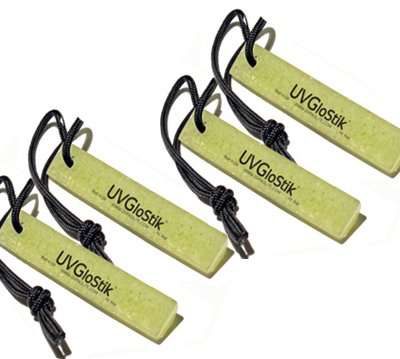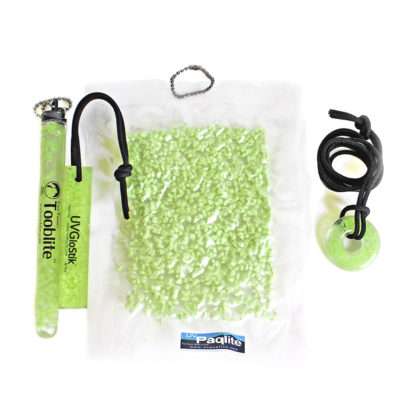Description
Iosat Potassium Iodide has been FDA approved since 1982. Radioactive iodine can travel hundreds of miles downwind, such as it did after the Chernobyl and Fukushima disasters. The thyroid is the only part of the body that absorbs and stores iodine. By taking FDA approved potassium iodide prior to exposure of radioactive iodine, your thyroid will become saturated with safe, stable iodine. This will prevent your thyroid's absorption of any additional iodine (radioactive or not) long enough for the radioactive iodine inhaled or ingested to be safely dispersed through the kidneys.
From the Manufacturer
(Pronounced poe TASS-e-um EYE-oh-dyed)
iOSAT™ Tablets
- 130 mg. potassium iodide per tablet
- 14 tablets per package
How Potassium Iodide Works
Certain forms of iodine help your thyroid gland work right. Most people get the iodine they need from foods like iodized salt or fish. The thyroid can “store” or hold only a certain amount of iodine.
In a radiation emergency, radioactive iodine may be released in the air. This material may be breathed or swallowed. It may enter the thyroid gland and damage it. The damage would probably not show itself for years. Children are most likely to have thyroid damage.
If you take potassium iodide, it will fill up your thyroid gland. This reduces the chance that harmful radioactive iodine will enter the thyroid gland.
Who Should Not Take Potassium Iodide
The only people who should not take potassium iodide are people who know they are allergic to iodide. You may take potassium iodide even if you are taking medicines for a thyroid problem (for example, a thyroid hormone or antithyroid drug). Pregnant and nursing women and babies and children may also take this drug.
How And When To Take Potassium Iodide
Potassium iodide should be taken as soon as possible after public health officials tell you. You should take one dose every 24 hours. More will not help you because the thyroid can “hold” only limited amounts of iodine. Larger doses will increase the risk of side effects. You will probably be told not to take the drug for more than 10 days.
Side Effects
Usually side effects of potassium iodide happen when people take higher doses for a long time. You should be careful not to take more than the recommended dose or take it for longer than you are told. Side effects are unlikely because of the low dose and the short time you will be taking the drug.
Possible side effects include skin rashes, swelling of the salivary glands, and “iodism” (metallic taste, burning mouth and throat, sore teeth and gums, symptoms of a head cold, and sometimes stomach upset and diarrhea).
A few people have an allergic reaction with more serious symptoms. These could be fever and joint pains, or swelling of parts of the face or body and at times severe shortness of breath requiring immediate medical attention.
Taking iodide may rarely cause overactivity of the thyroid gland, underactivity of the thyroid gland, or enlargement of the thyroid gland (goiter).
What To Do If Side Effects Occur
If the side effects are severe or if you have an allergic reaction, stop taking potassium iodide. Then, if possible, call a doctor or public health authority for instructions.
How Supplied
IOSAT Tablets (Potassium Iodide Tablets, U.S.P.): packages of 14 tablets (NDC51803-001-01): Each white, round, scored tablet contains 130 mg. potassium iodide.












Reviews
There are no reviews yet.